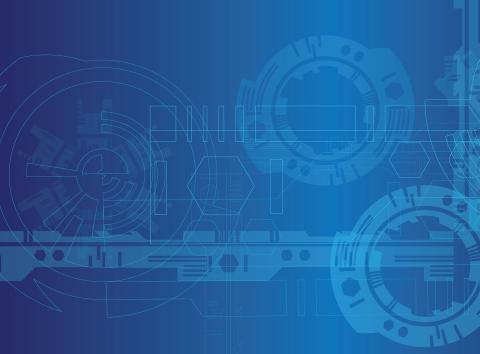IESBA CAG Meeting - March 10, 2021 | Virtual
Mar 10, 2021
VIA VIDEOCONFERENCE

South Africa
Armand Kotze was a manager with the IAASB, supporting various projects, including the Auditor Reporting Post-Implementation Review and ISA 600 (Revised) on Group Audits. He previously worked in assurance services with Deloitte in South Africa and in the New York office, specializing in the financial services industry and REIT’s.


Kalina Shukarova, Principal, IAASB

Highlights from the IPSASB December 2020 virtual meeting:
